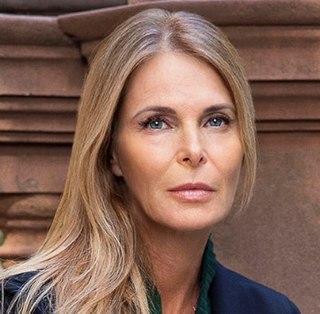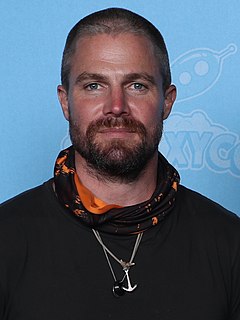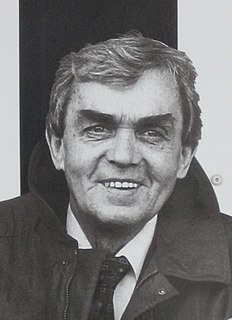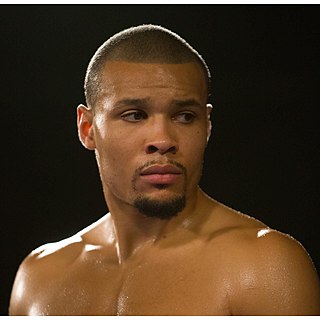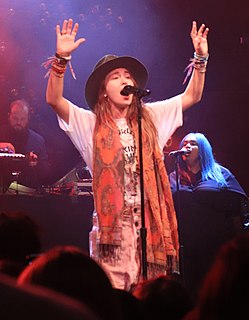A Quote by Alicia Keys
Fear is not a part of my vocabulary, actually.
Quote Topics
Related Quotes
When you are frightened by something, you have to relate with fear, explore why you are frightened, and develop some sense of conviction. You can actually look at fear. Then fear ceases to be the dominant situation that is going to defeat you. Fear can be conquered. You can be free from fear if you realize that fear is not the ogre. You can step on fear, and therefore, you can attain what is known as fearlessness. But that requires that, when you see fear, you smile.
We haven't developed a progressive vocabulary. We say something is "public," but we just mean it's viewable online. Or we say it's "open," but we just mean it's accessible. I would like for us to think about terms critically and maybe change our vocabulary a bit. What if pubic actually meant publicly-funded, or social meant socialized.
Part of what attracted me to the village was it had a lot of parallels to contemporary issues. Like, fear and the way fear controls us. How the governing body of a town, or a nation, controls us through fear. They might mean well by it, but we are conditioned to be afraid of things. Fear of the unknown. Fear of terrorism. And it's unfortunate.


